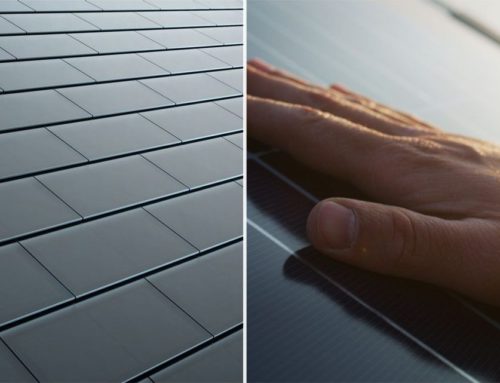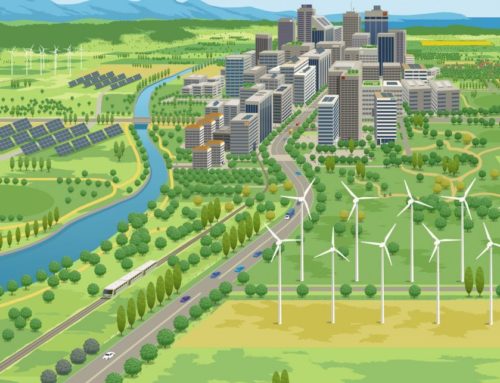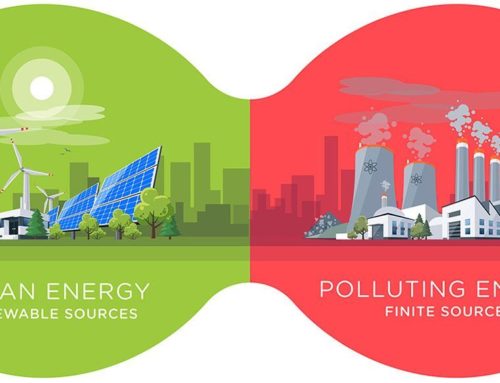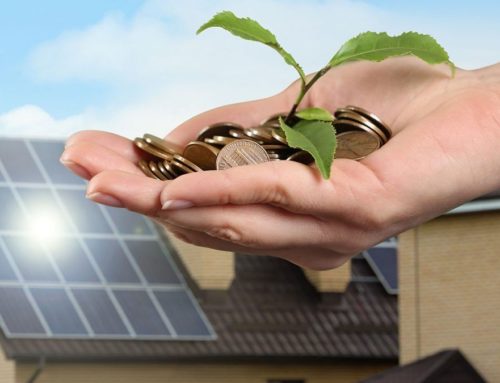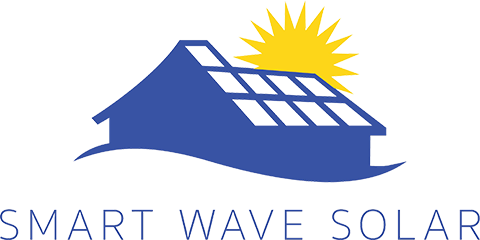Having a solar energy system connected to the power grid can be very useful and beneficial. While it can supplement your power supply, it needs to be exposed to direct or indirect sunlight to do so. This means that it will not be able to perform during a power outage.
While they don’t function during a power outage, they can still provide you energy during that time—if you are prepared. There are certain things you should be aware of when it comes to solar panels. For example, how solar energy works and steps you can take during a power outage that will ensure your solar panels provide some energy for your home when power outages occur. Let’s take a closer look at each of these topics related to solar power energy and power outages.
How Does Solar Energy Work?
Solar energy is converted by solar panels. They take in the sunlight and create a direct current (DC) of energy. The only downside to this is that most homes on the grid operate on power supplied through an alternating current (AC).
How Does My Solar Energy System Work?
Solar energy systems are usually installed to save home or business owners money on electric bills. If your home is connected to the grid, you’re supplied with electrical power from generators designed to power all the homes and buildings in your area. Any excess power generated from your solar panels will be filtered back into the grid system to help power other homes and buildings.
Should you choose to go off the grid, you won’t be able to access the electrical power everyone else is connected to, and you’ll have to rely on energy generated by your solar panels or what is stored in backup batteries. However, you’ll be able to power your home or business should there be a power outage because the city won’t be able to shut your solar panels down like any other grid-connected system.
Why Won’t My Solar Panels Work During a Power Outage?
There are a couple of reasons why your solar panels won’t function during a power outage or blackout situation. The first reason is technical. Your solar panels are designed to run the DC through an inverter and convert it to AC. This is why solar panels can’t serve as a backup power source during a power outage. Solar panel output also varies greatly day-to-day based on the amount of sunlight, meaning they are subject to the whims of the weather and might not produce enough energy in a given day to power your whole home.
Solar panels that run during a blackout situation—even if it is technically impossible—would put repair crews at risk as well. To fix a power outage, professionals have to locate the source of the power outage by going to the source. Should the electricity continue running through the grid because of solar power, it would put the workers at risk of serious injury. Because of this, there are mandates to shut down all solar panels during a power outage.
What Should I Do During a Power Outage?
If your home is on the grid and you want to try and conserve some solar power energy for potential power outages, you should consider installing a battery. You’ll have backup power stored during emergencies that you can draw on without putting any utility workers at risk when they try to repair electrical damages.
You can select the number of batteries you want to use, but you’ll need to be just as selective about the things these batteries power because while these are highly useful, they are also rather expensive. You could also consider a solar battery system with a gas-powered generator. This can keep backup power costs low but still allow you to use solar panel batteries.
Smart Wave Solar
Learn more about solar panels, how they work, and how you can use batteries to keep your home powered during a power outage with Smart Wave Solar. Contact us today for a free quote.

